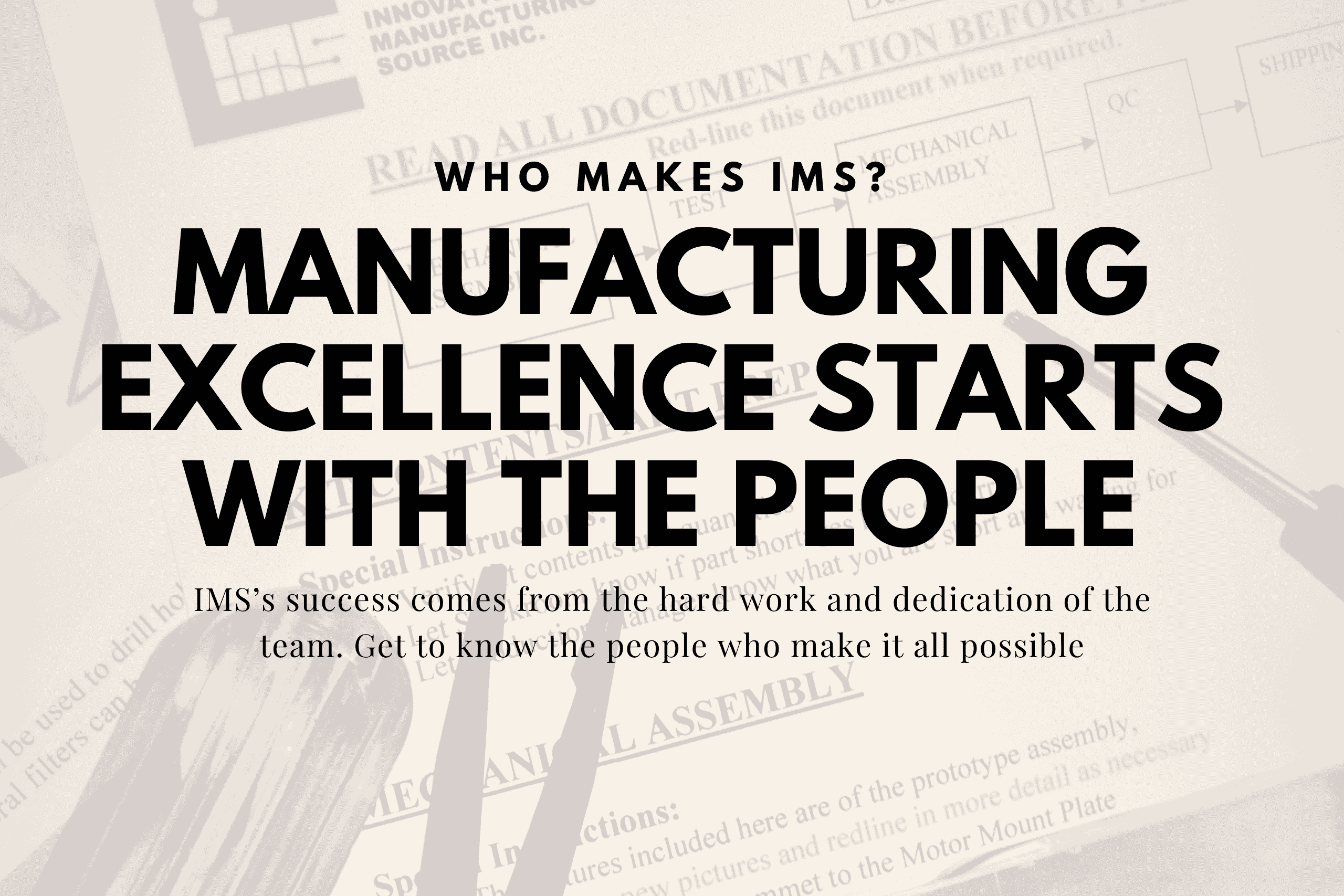The invoice doesn’t always tell the full story. If your circuit board manufacturer delivers on price but misses on performance, speed, or service—you’re still paying for it. Just not where you expect.
From missed DFM opportunities to long lead times caused by third-party outsourcing, the wrong contract manufacturer can quietly add cost and risk at every stage of your product build. And if you’ve worked with more than one supplier, you already know the signs.
Here are six subtle but significant red flags to watch for—each one a source of avoidable cost, delay, or rework. If any of these sound familiar, it might be time to reassess who’s building your PCB boards and consider what it’s really costing you.
Warning Sign #1: Your Specs Are Always “Good Enough”
If your manufacturer never asks questions, never flags inconsistencies, or rarely suggests improvements, that’s not a sign of efficiency. It’s a warning.
A manufacturer that skips engineering-level review might be skipping DFM entirely. The result? Tolerance mismatches, missed stack-up constraints, or layout assumptions that don’t hold up in production.
When a manufacturer truly understands PCB boards, they engage with your design to prevent problems vs. just building what’s handed to them with no questions asked.
👉 Hidden cost: Rework, scrap, and delays caused by assumptions that should have been caught at the start.
🛠 Want to avoid costly rework from the start?
Read our guide on DFM: Design for Manufacturability Best Practices to learn how small adjustments early on can save time, reduce waste, and make your PCB build smoother.
Warning Sign #2: Communication Is Always Reactive, Never Proactive
If your inbox is full of updates after something has gone wrong, you’re not working with a partner—you’re managing a vendor.
Excellent circuit board manufacturers don’t just respond to issues; they flag them early. That includes lead time risks, DNP conflicts, part substitutions, and even layout concerns that might impact assembly.
The best partners surface problems before you even know to ask.
👉 Hidden cost: Missed windows, rushed workarounds, and late-stage scrambling that could have been avoided.
Warning Sign #3: Every Design Revision Feels Like Starting Over
Iteration is part of product development. But if every BOM change or Gerber update triggers a full re-quote and multi-day delay, your momentum takes a hit.
Agile contract manufacturing partners should have systems in place to manage revisions quickly. They should know your build well enough to adapt without restarting the process.
If each tweak feels like a reset, it’s a sign your supplier’s systems aren’t keeping pace with your development cycle.
👉 Hidden cost: Slower prototyping, increased engineering hours, and a longer path to launch.
Warning Sign #4: Their Team Turnover Becomes Your Problem
If you’ve found yourself re-explaining the same build for the third time, something’s off. High staff turnover or poor internal documentation means collective knowledge gets lost, and your project suffers for it.
Whether you’re building 10 boards or 10,000, your manufacturer should know your project inside and out. You shouldn’t have to babysit it from PO to delivery.
👉 Hidden cost: Delays, inconsistency, and wasted time rebuilding alignment.
Warning Sign #5: They Outsource to Third Parties (without Telling You)
Are they actually building your boards, or are they just managing someone else who is?
If your manufacturer doesn’t do assembly, testing, or even metal pressing services in-house, you’re likely dealing with added layers of communication, longer lead times, and limited control over quality.
Outsourcing isn’t inherently bad—but if it’s happening behind the scenes, and you don’t know who’s really doing the work, it’s a problem.
👉 Hidden cost: Delays, diluted accountability, and little leverage when things go sideways.
🤝 Want to know the benefits of working with a partner like IMS?
Read The Benefits of Outsourcing Electronics Manufacturing to see how integrated capabilities, in-house expertise, and reliable delivery give you more control from start to finish.
Warning Sign #6: You’re Managing More Than You Should Be
Your contract manufacturer should reduce your workload, not multiply it. If you’re juggling multiple vendors for fabrication, testing, coating, and box build, you’re absorbing risk that should sit with your supplier.
An integrated partner gives you a cleaner process: fewer POs, clearer accountability, and one team responsible for the final result.
👉 Hidden cost: More admin hours, higher internal project overhead, and increased risk at every stage.
Better Boards Start with Better Partners
Many teams stick with underperforming suppliers because switching feels risky. But the bigger risk? Letting small issues add up until they stall your product, derail your timeline, or inflate your budget.
A great contract manufacturing partner will do far more than just build your PCB boards. They’ll protect your schedule, simplify communication, and solve problems before they reach production.
Ready for a different kind of EMS experience?
Contact IMS to start a conversation. We’ll show you what better collaboration, clearer accountability, and in-house expertise can do for your next project.




